Deciding whether to self-facilitate a meeting or hire a professional facilitator is a crucial decision that can impact the effectiveness of your meeting. This guide will walk you through 10 key questions to consider before making your decision.
These questions are based on the assumption that you have a budget allocated for hiring a facilitator, but are uncertain if it is the best way to utilize your funds. If you do not have a budget specifically for hiring an external facilitator, you could consider requesting someone affiliated with the organization to volunteer their services, or perhaps offer their services in exchange for other services.
Self Facilitate or Hire a Facilitator? 10 Key Questions
Understanding the Meeting Requirements
- What kind of meeting is this?
Is this an information gathering session? Or a nuanced discussion that needs the skill of a facilitator? If it’s a simple information gathering session, self-facilitation might be sufficient. However, if the discussion involves nuances and requires skilled facilitation to navigate, it’s important to assess whether there is someone in-house capable of managing this.
Evaluating the In-house Facilitator
- Is there someone on your team who is good at facilitating and willing to do it?
Assess the skills and willingness of your team members. Being good at facilitation is one thing, but the person also needs to be willing to take on the role.
- If you’re considering using someone in-house to facilitate, is that the best use of that person’s time?
Consider the other responsibilities and tasks of the potential in-house facilitator. Will facilitating the meeting take them away from other important work?
- If you’re considering asking someone in-house to facilitate, how will it benefit them and/or hurt them?
Consider the potential benefits, such as skill development and leadership growth, against potential drawbacks, such as added stress or workload.
- If you’re considering using someone in-house to facilitate, how important would it be to get that person’s opinion in the conversation?
If the potential in-house facilitator has valuable insights to contribute to the discussion, it might be more beneficial for them to participate as a team member rather than as a facilitator.
Considering Neutrality and Impartiality
- Do you have someone in-house who is perceived as neutral?
If not, it might be best to hire an outside facilitator who is perceived to be neutral. Neutrality is important for managing group dynamics and facilitating difficult conversations.
- If you’re considering using someone in-house to facilitate, how realistic is it that the person can stay impartial to the topic?
Impartiality is key to effective facilitation. If there is a concern that the in-house facilitator might not be able to stay impartial, it might be better to hire an outside facilitator.
Weighing the Costs and Benefits
- What can you learn from hiring an outside facilitator that you can use to build up the capacity on your own team?
Hiring an outside facilitator can provide valuable insights and skills that can be used to build up the capacity of your own team.
- Does your facilitator need to have specialized knowledge?
If so, it might be best to get the in-house or make sure that you hire someone who’s an outsider who has specialized knowledge.
- Considering all of the above, is this a good use of your budget?
Weigh the costs and benefits of hiring a facilitator versus self-facilitating. Consider the impact on the effectiveness of the meeting, the development of your team, and the overall success of your organization.
Considering these questions will help you make an informed decision about whether to self-facilitate or hire a professional facilitator. Remember, the goal is to have the most effective meeting possible, so choose the option that best suits your needs and budget.








Leave a Reply